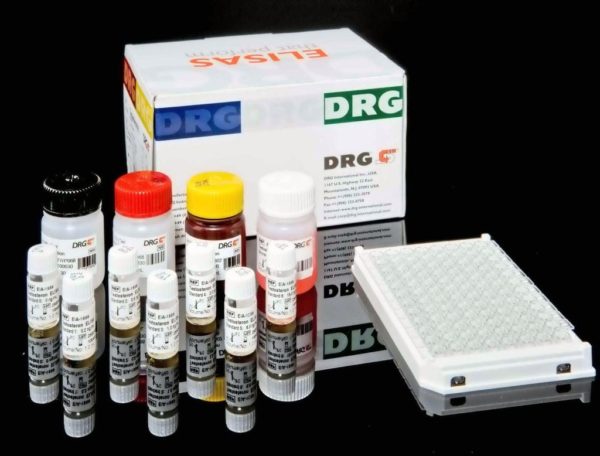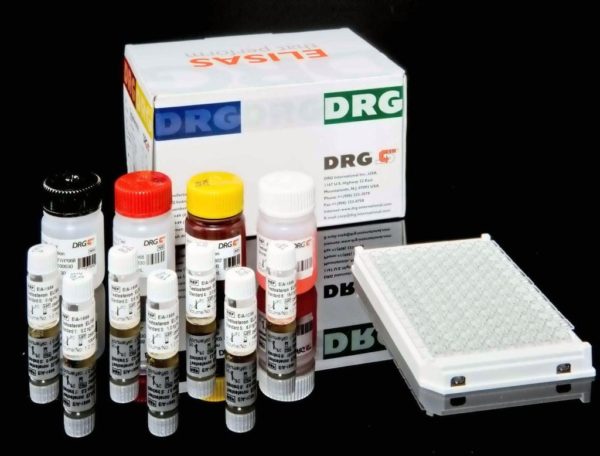Description
The QuickScreen One Step Amphetamine Test is a rapid, qualitative immunoassay for the detection of Amphetamine in urine. The cutoff concentration for this test is 1,000 ng/mL, as recommended by the Substance Abuse and Mental Health Services Administration (SAMHSA), formerly the U.S. National Institute of Drug Abuse (NIDA). This test provides only a preliminary test result. A more specific alternate testing method must be used in order to obtain a confirmed analytical result. Gas chromatography/mass spectrometry (GC/MS) is the preferred confirmatory method. Other chemical confirmation methods are available. Clinical consideration and professional judgment should be applied to any drug of abuse test result, particularly when preliminary positive results are observed.
Amphetamine and its metabolites are central nervous system stimulants whose pharmacological properties include alertness, wakefulness, increased energy, reduced hunger and an overall feeling of well being. Large doses and extended usage can result in higher tolerance levels and physiological dependency. Both d- and l- forms of Amphetamine are controlled substances. Urine based screening tests for drugs of abuse range from simple immunoassay tests to complex analytical procedures. The sensitivity and rapidity of immunoassays have made them the most accepted method of preliminary screening for drugs of abuse in urine. This allows the laboratory to eliminate the large number of negative specimens and focus on the smaller number of initially positive specimens.
The QuickScreen One Step Amphetamine Test is a competitive immunoassay that is used to screen for the presence of Amphetamine in urine. It is a chromatographic absorbent device in which drugs or drug metabolites in a sample compete with drug / protein conjugate immobilized on a porous membrane for a limited number of antibody / dye conjugate binding sites. The test device employs a unique combination of monoclonal and polyclonal antibodies to selectively identify Amphetamine in urine with a high degree of confidence. In the procedure, the absorbent end of the test device is inserted into the urine sample. The urine is absorbed into the device by capillary action, mixes with the antibody / dye conjugate, and flows across the pre-coated membrane. When Amphetamine levels are below 1,000 ng/mL (the detection sensitivity of the test), antibody / dye conjugate binds to the drug / protein conjugate immobilized in the Test Region (T) of the device. This produces a colored Test Band that, regardless of its intensity, indicates a negative result. When Amphetamine levels are at or above 1,000 ng/mL, the free drug in the sample binds to the antibody / dye conjugate, preventing the antibody / dye conjugate from binding to the drug / protein conjugate immobilized in the Test Region (T) of the device. This prevents the development of a distinct colored band, indicating a potentially positive sample. In either case, a colored Control Band is produced in the Control Region (C) by a non-specific antibody-dye / conjugate reaction. The band serves as a built-in quality control device, demonstrating antibody recognition and reactivity, as well as confirming that the test is complete.




